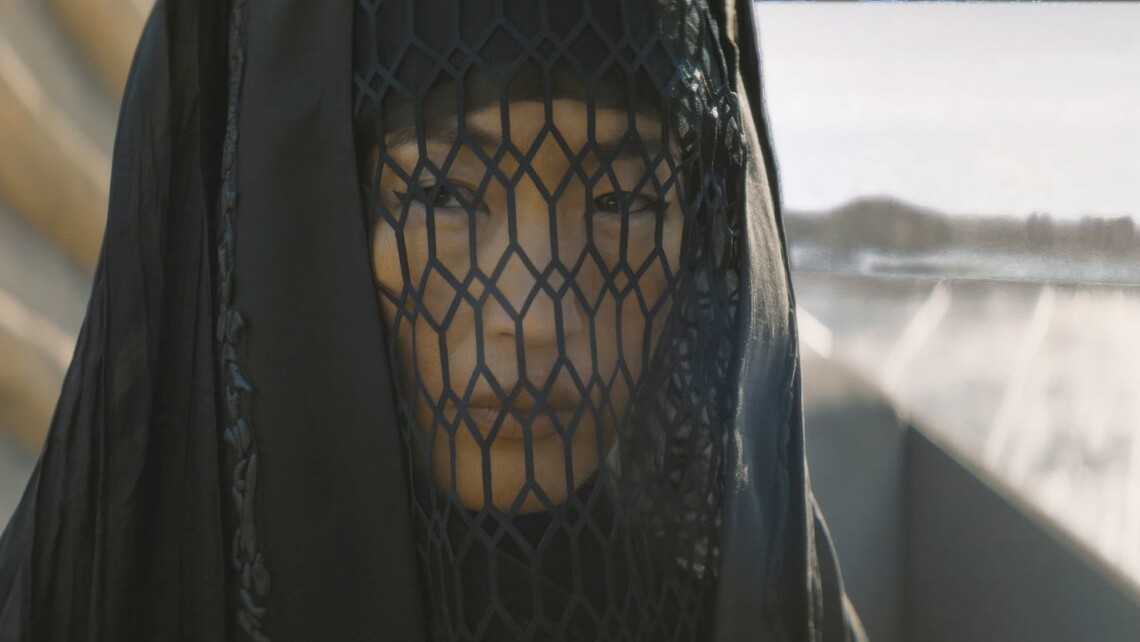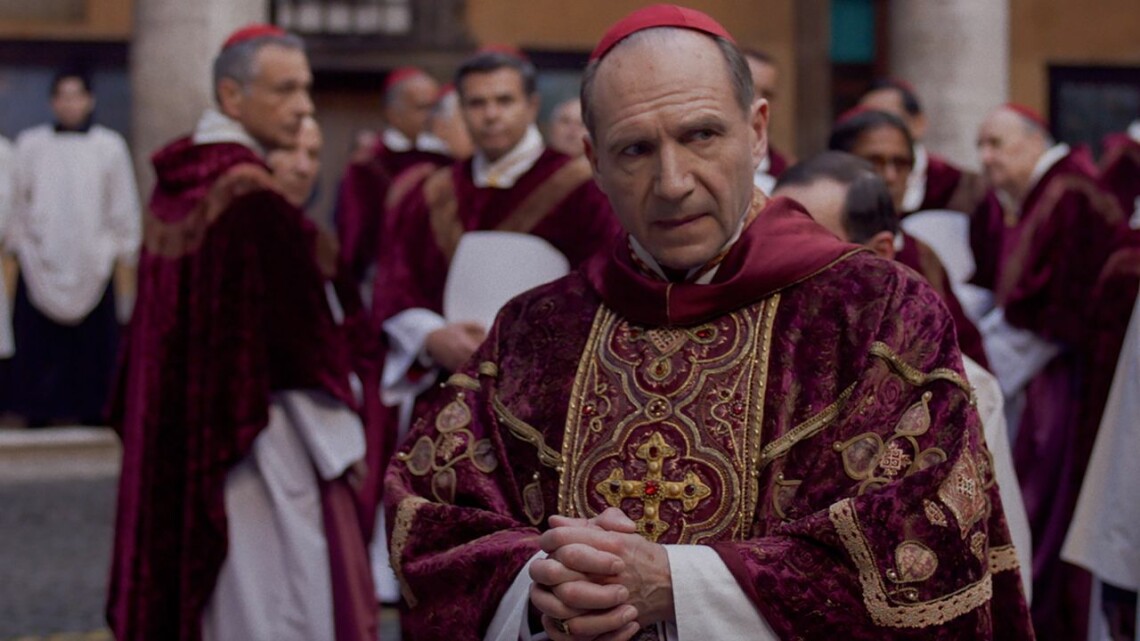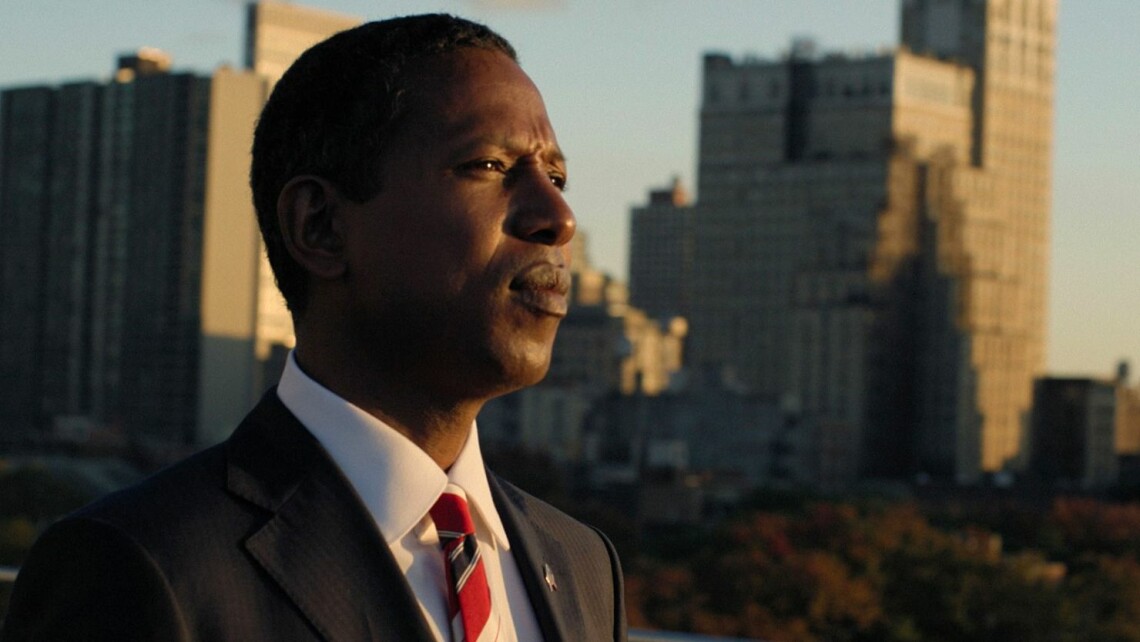Executive Producer Reveals 'Dune: Prophecy' Will Transport Viewers Beyond Arrakis

The vast "Dune" cosmos is on the brink of further expansion. Max's new six-part prequel series, "Dune: Prophecy," debuts this Sunday, taking the narrative far beyond Arrakis's spice-laden sands that Timothée Chalamet's Paul Atreides traversed in Denis Villeneuve's recent films.
Executive producer Alison Schapker revealed to CNN that "Prophecy" unfolds in "entirely distinct milieus" and eras, broadening the "Dune" universe in a manner that aligns seamlessly with Frank Herbert's literary origins and its cinematic predecessors. Schapker, known for her work on "Westworld," "Lost," and "Alias," emphasized the importance of honoring the cherished world of "Dune."
Her team enjoyed "complete autonomy" in crafting these new cosmic locales, yet they diligently adhered to the visual grandeur established by the films, ensuring the series integrates effortlessly into the universe Villeneuve so elegantly brought to life.
Set 10,000 years before Villeneuve's adaptations of Herbert's iconic 1965 novel, "Prophecy" delves into the genesis of the Bene Gesserit, an influential sisterhood wielding extraordinary cognitive and physical powers. Drawing inspiration from the "Schools of Dune" trilogy by Kevin J. Anderson and Brian Herbert, the narrative follows Valya and Tula Harkonnen as they confront forces threatening humanity's future, laying the groundwork for the legendary Bene Gesserit sect, as per the official synopsis.
Among the series' featured realms is Salusa Secundus, depicted as an imperial planet, contrasting its portrayal as a prison world in Villeneuve's films. The show also explores Wallach IX, home to the sisterhood led by Valya (Emily Watson) and Tula (Olivia Williams), and Lankiveil, a harsh, icy planet where the Harkonnens find themselves exiled during this epoch.
The creators strove to render these worlds as "authentic, gritty, and grand" visually, while anchoring the complex narrative and lore through its characters, providing newcomers a smooth entry into the franchise. Schapker described this as a delicate balancing act, ensuring enjoyment for audiences unfamiliar with the books or films.
However, "Prophecy" caters to a mature audience, with some scenes exploring more intimate themes. Schapker relished the opportunity to explore this dimension, without veering into gratuitousness. "I loved that we were permitted to be mature sci-fi," she remarked, adding that it was enjoyable to present characters with depth, including their sexuality, allowing the series to depict its more "spicy" moments.
In this context, "spicy" does not reference the coveted substance central to "Dune" lore. The inaugural episode of "Dune: Prophecy" premieres Sunday on Max. (Max and HBO, like CNN, are part of Warner Bros. Discovery.


